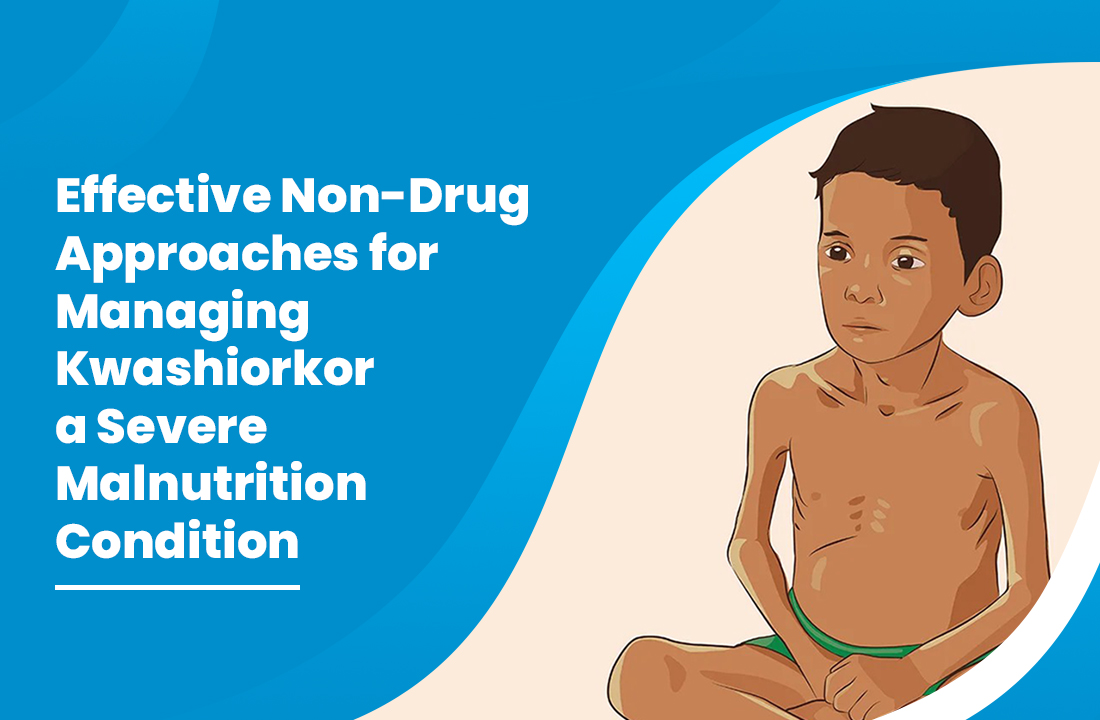Effective Non-Drug Approaches for Managing Kwashiorkor, a Severe Malnutrition Condition
Kwashiorkor: Effective Non-Drug Approaches for Managing a Severe Malnutrition Condition
Kwashiorkor is a type of severe malnutrition that primarily affects young children in developing countries. It occurs due to a lack of protein in the diet and can lead to serious health complications if left untreated. Fortunately, there are several non-pha
One of the most crucial strategies for managing kwashiorkor is to ensure that the affected person is consuming a balanced diet with adequate amounts of protein. This can be accomplished through the consumption of protein-rich foods such as meat, fish, eggs, and legumes. In some cases, fortified foods or nutritional supplements may be necessary to provide additional nutrients.
In addition to providing adequate nutrition, it is also important to address any underlying medical conditions that may be contributing to kwashiorkor. For example, if the individual is suffering from an infection, appropriate medical treatment should be provided to help the body fight off the infection and prevent further complications.
Another important aspect of non-pharmacological management for kwashiorkor is providing appropriate care for the individual. This may include hydration with fluids containing electrolytes, as well as supportive care to address any symptoms of dehydration or other complications.
In some cases, hospitalization may be necessary to provide more intensive care for individuals with severe kwashiorkor. During hospitalization, the individual may receive additional nutrients through an IV or tube feeding to help promote healing and recovery.
Finally, it is essential to educate individuals and families about the importance of proper nutrition and the risks associated with kwashiorkor. This may involve providing information on healthy eating habits, as well as information on how to recognize the signs and symptoms of kwashiorkor and other forms of malnutrition.
Prevention is also critical in addressing kwashiorkor. This can be achieved through various approaches such as providing education on the importance of proper nutrition, promoting the consumption of protein-rich foods, and ensuring that individuals have access to safe and clean water. Community-based interventions, such as providing school meals, can also help prevent kwashiorkor in vulnerable populations.
In conclusion, kwashiorkor is a serious condition that requires prompt and appropriate management to prevent serious health complications. While pharmacological treatments may be necessary in some cases, non-pharmacological management strategies such as adequate nutrition, appropriate medical care, and education can play a critical role in preventing and treating this condition. By working together to address the underlying causes of kwashiorkor and providing appropriate care and support, we can help to ensure that individuals affected by this condition have the best possible chance for recovery and a healthy future.

